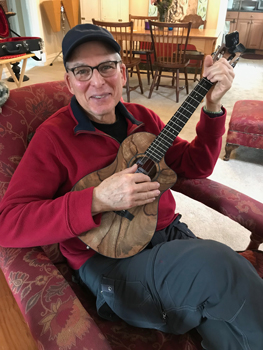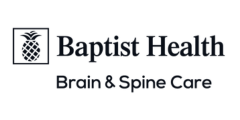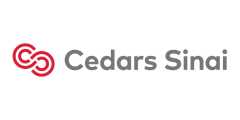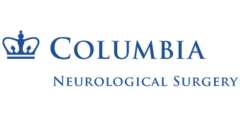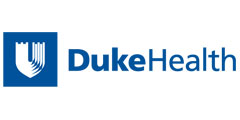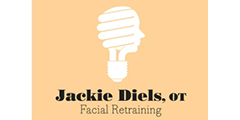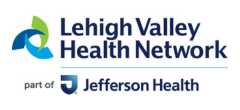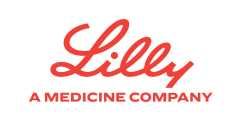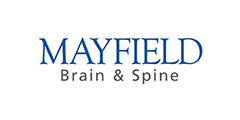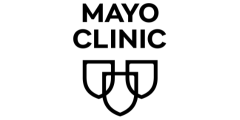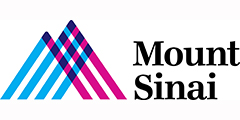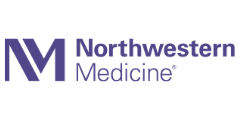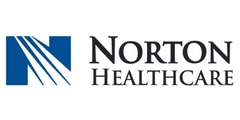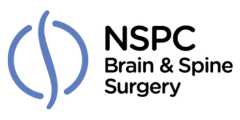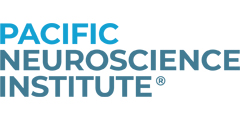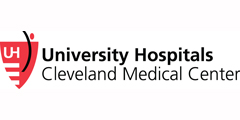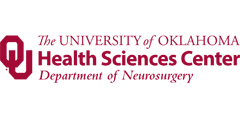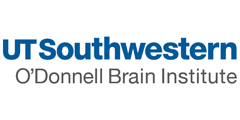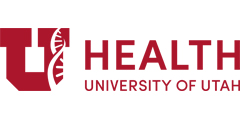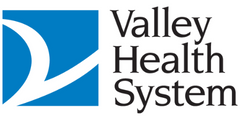Finding Support in Others and Something “Bigger”
Robert Fishbone
One of the hardest things I ever had to do was tell my two kids about my acoustic neuroma. It was June, 2017. Though I was assured it was benign, non-cancerous, not malignant, the words “I have something I need to tell you” have a frightening history for them.
Those were the same words we used when we told them back in 2006 that my wife had late stage ovarian cancer.
My kids and I were Skyping, and even before I gave them the specific AN news, I could see my 26 year-old daughter was beginning to cry; my son, 29, was equally upset in his own way.
I immediately repeated what the ENT had made clear. “It is benign, which means it’s not malignant, won’t spread... it’s not at all like what Mom had.” Their mom, my beloved wife Sarah, had died seven years earlier from her cancer. That loss is always present with us, especially to my daughter who, after hearing about the AN, later told me through her tears, “I can’t lose my other parent.”
But by the end of that call, once I explained I was an excellent candidate for and would very soon have Gamma Knife treatment, their fears slowly transformed to the point where they designed a hat that said, “Please use other ear” on the AN side!
Gamma Knife treatment was somewhat anticlimactic as I spent a whole day getting ready for what was a single, 28-minute treatment…didn’t feel a thing… mostly slept.
My audiologist first suspected acoustic neuroma due to a sudden, asymmetric hearing loss in my right ear (I already wore hearing aids). I was told I would likely become deaf in the AN ear as a side effect of the radiation treatment... and in fact, after about six months my hearing loss did get much worse.
I also began experiencing increased tinnitus, loss of balance and facial strangeness. The latter being random, and thankfully short-lived events of muscle weakness, twitching and contractions often brought on by exertion, but not always.
All of these side effects are still present to varying degrees, and though occasionally discouraged, I’m learning to live with them; thankfully, I still have about 10% hearing on the AN side that mostly allows for location assistance.
But muscle weakness in my face and lips made it impossible for me to sound the shofar, a ram’s horn trumpet, in my synagogue during Rosh Hashanah. That’s when I started getting very sad, feeling the isolation that can ensue from hearing loss, and felt the need to stay away from noisy and overactive situations: restaurants, parties, concerts, exercise classes.
As a musician, I had evolved from stage performing to working in the intimacy of hospice, bringing songs into patients’ rooms for them and their families; it became a ministry. But the hearing loss made it increasingly difficult to discern what the blend of my voice and baritone ukulele (small, four-string guitar) sounded like…I became depressed as the possibility of having to give up this most important part of my life became a reality.
Fortunately, the very caring members of my ANA St. Louis Support Group let me know about BICROS hearing aids. My particular aids actually use a small, Bluetooth microphone that I can wear on the AN side, or put on a podium for a speaker, or even give to my Yoga teacher who puts it on her lapel. I can finally hear everything, even when lying down…it really does feel like a miracle, like I have a life again. I highly recommend checking out this type of system.
What I’ve learned, again and again:
- You can’t do this alone, be humble and be willing to gratefully accept help.
- If you need them, get the best hearing aids you can afford. Make sure your audiologist regularly adjusts them. It can make the sound quality much better, and they genuinely want to do this for you.
- Everyone we meet is fighting the hard battle, this just happens to be part of ours. Hang out with compassionate people who get that, who will see past any embarrassment or shame you may feel. ANA support groups are ideal.
- Be honest about your limitations, to yourself and others. It took a while for me to easily say, “I’m hard of hearing, can you please…” Vulnerability is empowering! Everyone has been very kind.
- Surrender to something bigger than yourself, be it your spiritual path, or nature, or volunteering. There is much more to life than our afflictions.
- And the best advice I have, witnessed daily in my hospice work: remember to tell the people you love, that you love them; it should always be the last thing that is said and that is heard…

